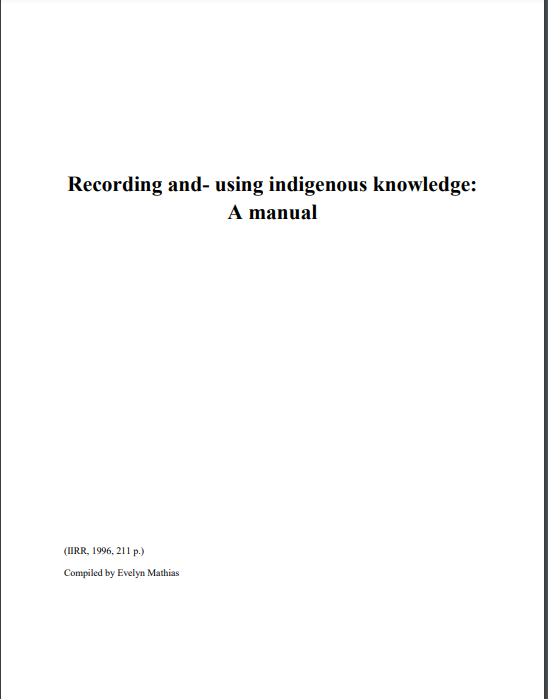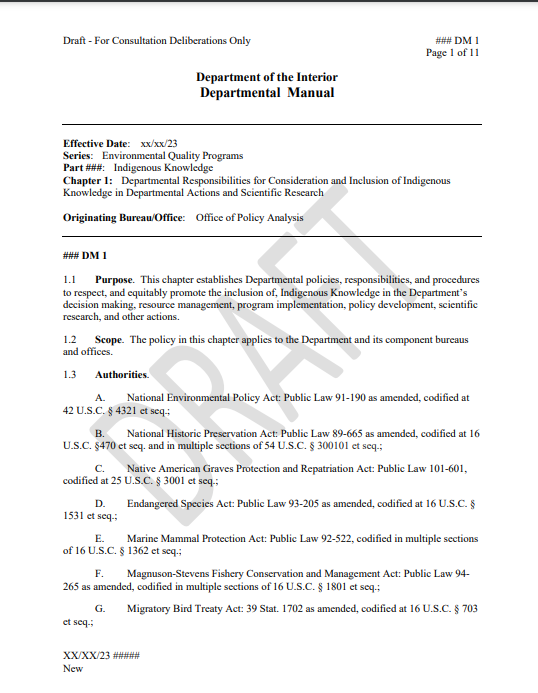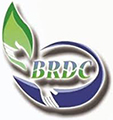Knowledge Hub
The State of the World’s Biodiversity for Food and Agriculture
2019
Author(s): Food and Agriculture Organization of the United nations FAO
The reports highlight the importance of biodiversity, at genetic, species and ecosystem levels, to efforts to address the challenges posed by diverse and changing production systems. Many emphasize the role of diversification – using multiple species, integrating the use of crop, livestock, forest and aquatic resources, and conserving and managing habitat diversity at landscape or seascape scale – in promoting resilience, improving livelihoods and supporting food security and nutrition.

Recording and- Using Indigenous Knowledge: A manual
1996
Author(s): Evelyn Mathias
This manual aims to overcome this constraint. It provides government and non-government rural development workers with the information and tools they need to integrate IK into their development work. The design of the manual allows for easy copying and use of the materials in training. We hope that this manual will facilitate the use and conservation of indigenous knowledge for the benefit of people and their communities.

Department of the Interior Departmental Manual
2023
Author(s): US Department of The Interior (.gov)
Indigenous Knowledge (IK) – a body of observations, oral and written knowledge, innovations, practices, and beliefs developed by Indigenous Peoples through interaction and experience with the environment. It is applied to phenomena across biological, physical, social, cultural, and spiritual systems. Indigenous Knowledge can be developed over millennia, continues to develop, and includes understanding based on evidence acquired through direct contact with the environment and long-term experiences, as well as extensive observations, lessons, and skills passed from generation to generation.
The purpose of the manual is to guide farmers to adopt the practices in their crop and livestock management systems. This manual includes modules on SALM practices, such as agroforestry, nutrient management, integrated livestock management as well as soil and water conservation.
A Review of Women's Access to Fish in Small-Scale Fisheries
2015
Author(s): Lentisco A, Lee R. U.
The present review aims to move policy attention beyond the generalized, and perhaps limited, perception of women as fish processors and marketers and in this way enhance their participation in fisheries resource management and decision-making. The study describes the different ways women have access to fish in small-scale fisheries: as primary users (when they fish by themselves or they finance fishery operations), secondary users (when they access fish through kinship or other close relationships), and tertiary users (when they use capital to buy fish directly from fishers or traders).

Struggle for recognition of traditional seed in Brazil.
2020
Author(s): African Centre for Biodiversity (ACB)
Farmers’ seed, which is an intrinsic aspect of indigenous knowledge, constitutes the majority of seed used and exchanged. Crops produced from this seed contribute substantially to food and nutrition security for billions of people. However, these seeds receive scant recognition, and there is limited support for their reproduction, adaptation and use by farmers, for farmers.
Partnership in Practice: Engagement with Indigenous Peoples
2014
Author(s): The Global Environment Facility
The goal of this project is to support the effective conservation and sustainable use of forest biodiversity by indigenous peoples of indigenous lands. The project is catalyzing the consolidation of indigenous lands as essential protected areas for the conservation of biodiversity in Brazilian forest ecosystems.

A Film to Promote Sustainable Food System Practices
2020
Author(s): International Centre for Environmental Education and Community Development (ICENECDEV)
Promoting sustainable Food System in the Mount Cameroon Forest Region through Tradition/Indigenous Knowledge, Agroecology and Natural Farming Practices in providing healthy Food to Healthy People.
Eating from the Farm the Social, Environmental, and Economic Benefits of Local Food Systems
2015
Author(s): Malandrin V, Dvortsin L
The study illustrates different ways in which communities are finding more sustainable ways to produce and consume food with benefits for all. The methods vary, but the outcomes are the same: control of the food system is being taken back by small-scale, sustainable farms and food enterprises from large-scale industrial businesses that dominate the market today putting profit ahead of wellbeing for people and planet.

The Sea of Change: Traditional fishworker's perception of climate change.
2014
Author(s): The International Collective in Support of Fish workers (ICSF)
Traditional fishworkers have long been forced to adapt to the forces of nature, and they are now confronted with the new threats of climate change, global warming, sea-level rise and ocean acidification.



